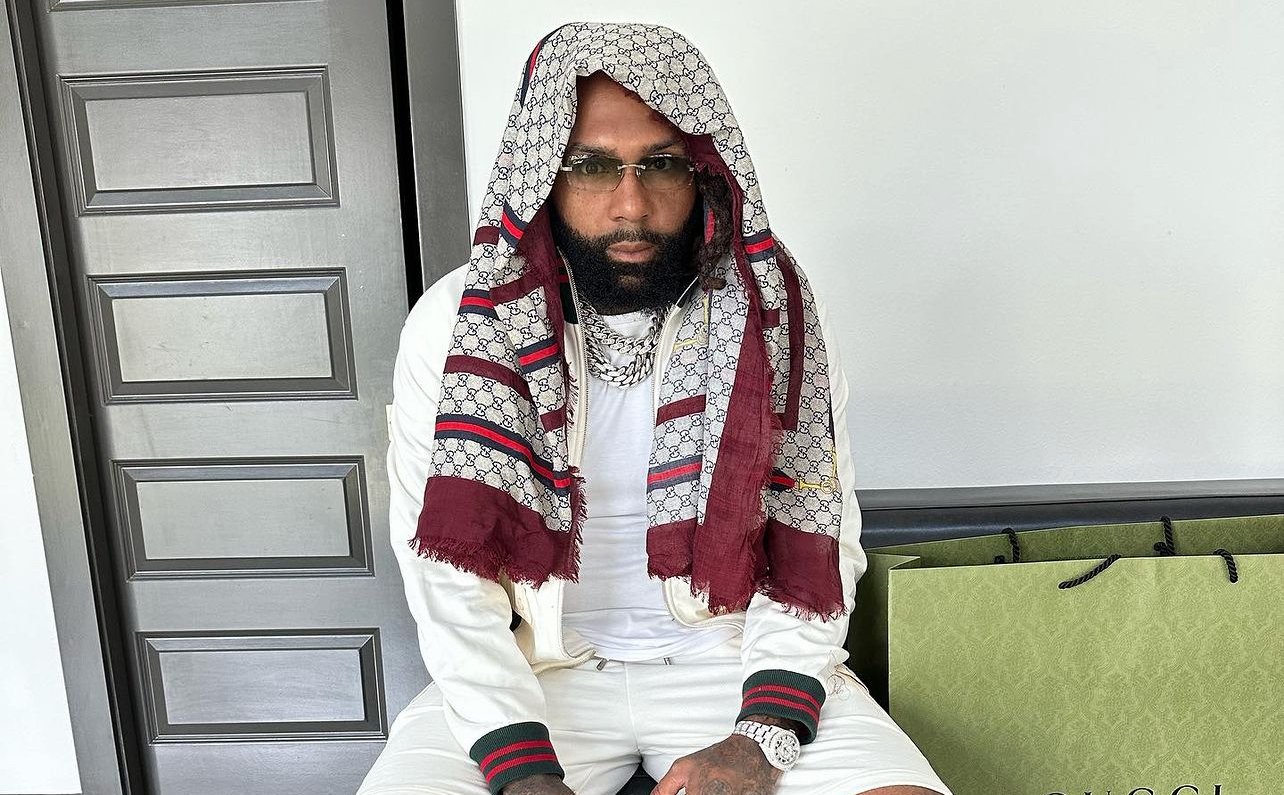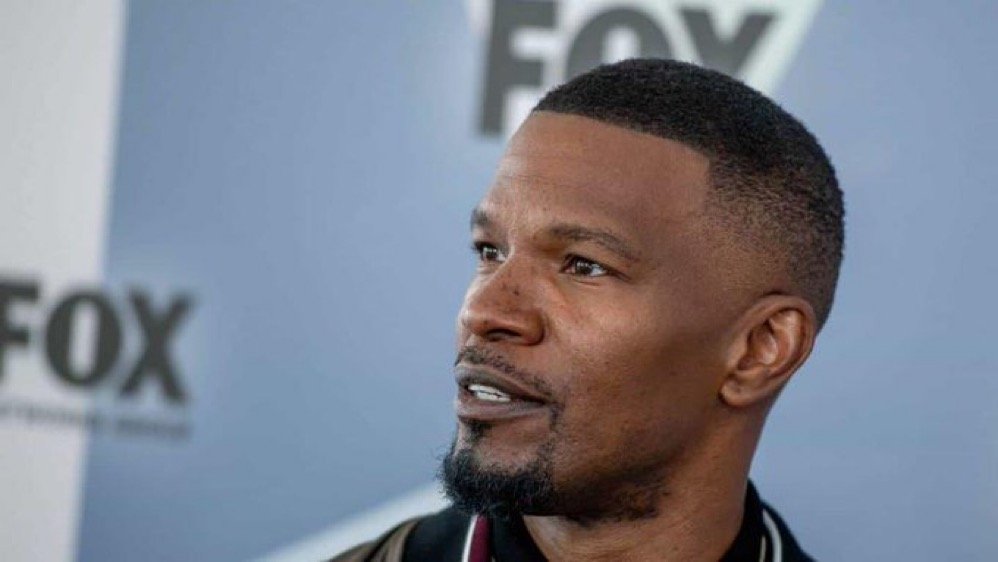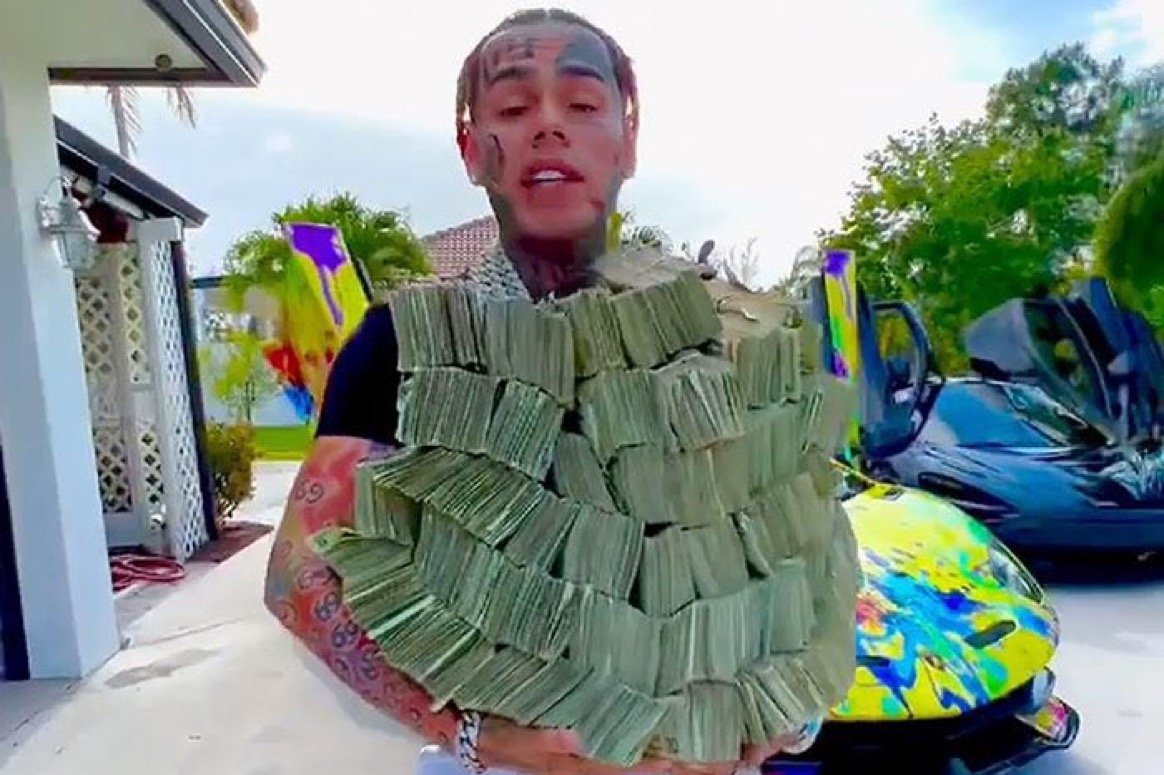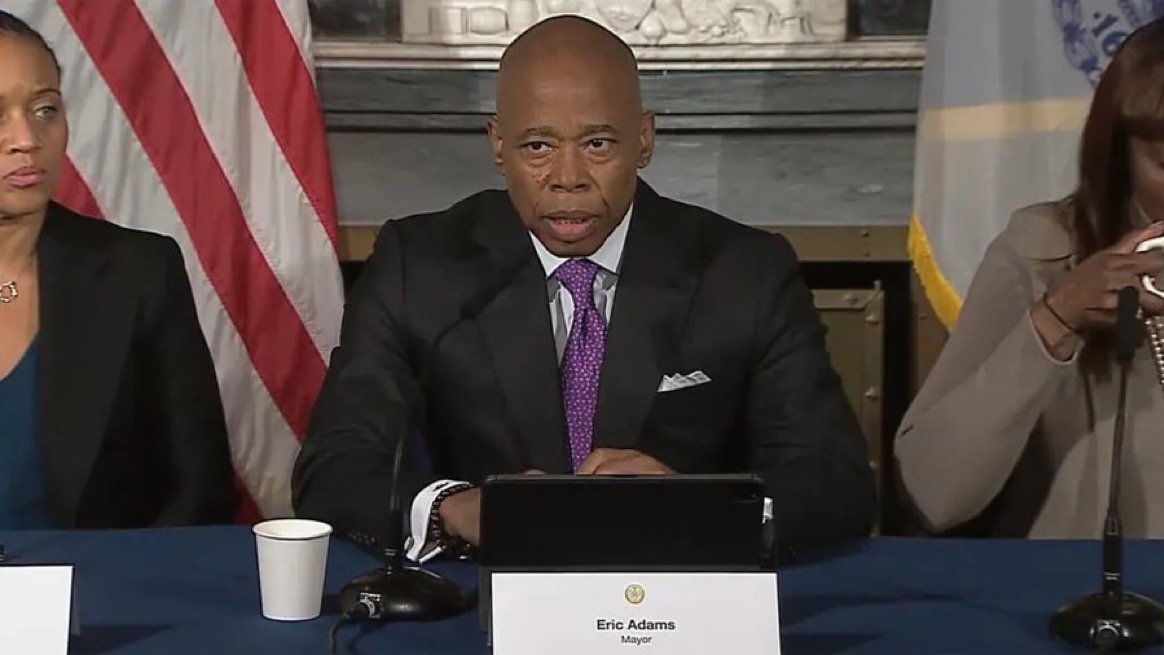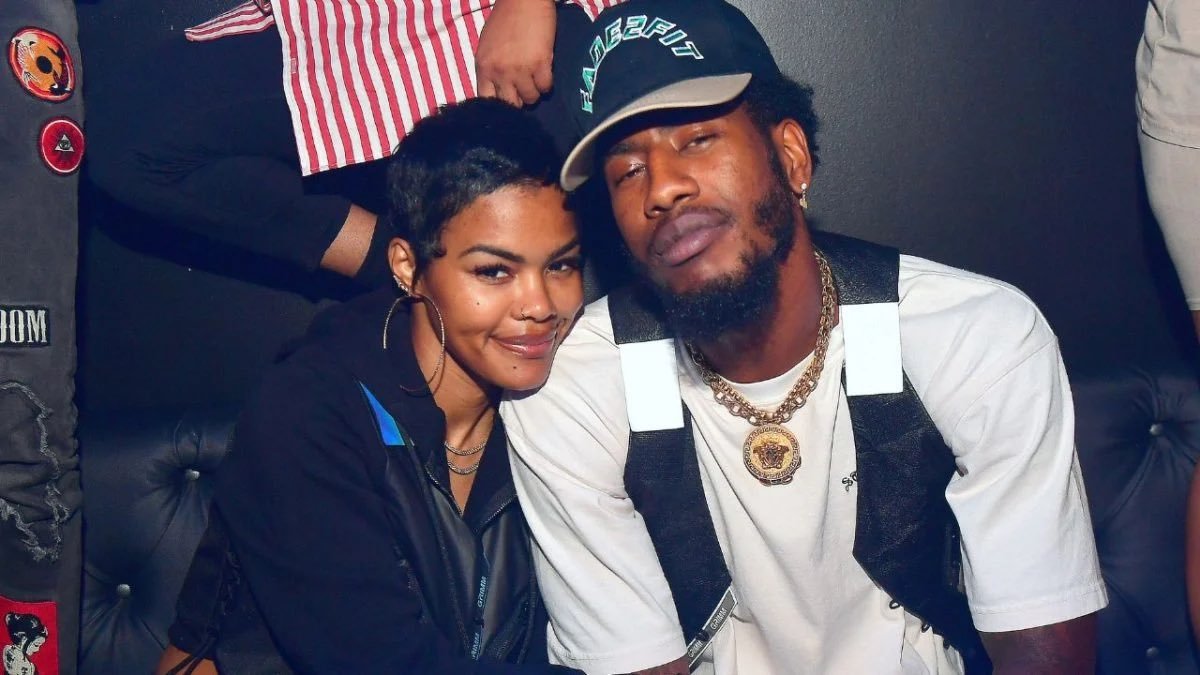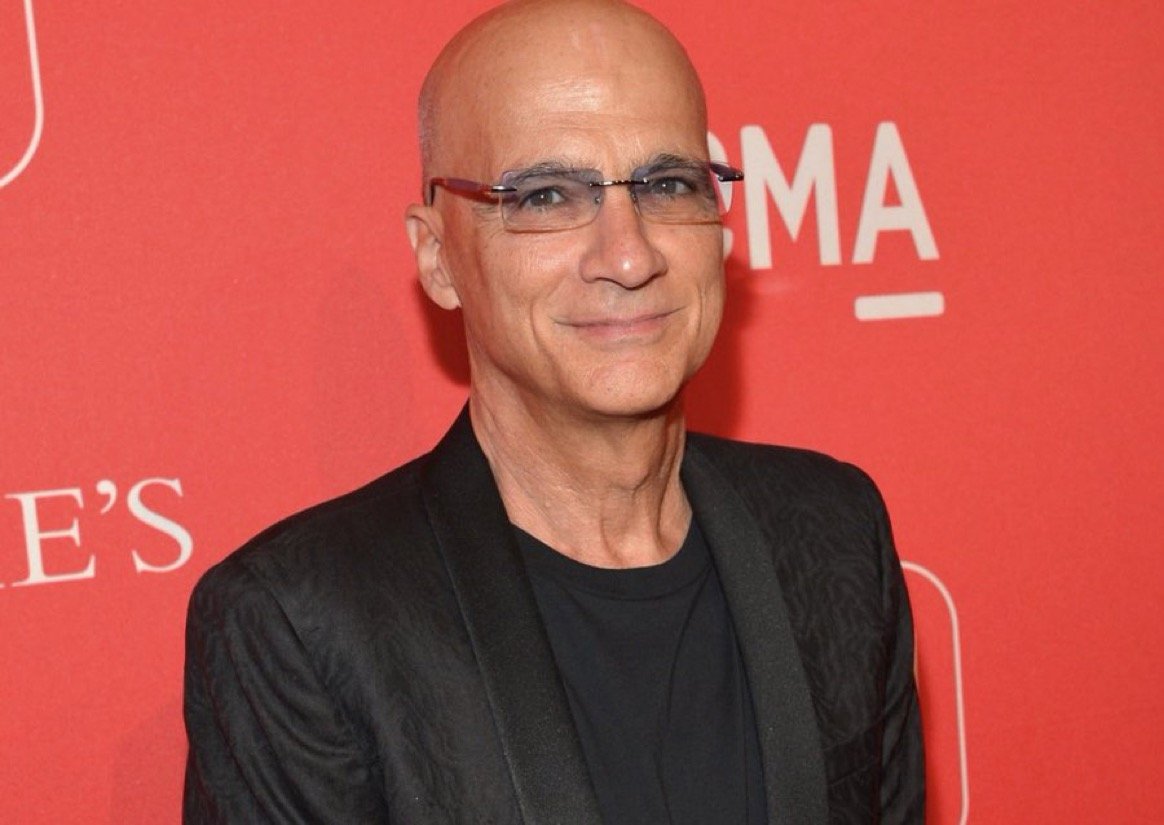Money Man, the Atlanta-based rapper and entrepreneur, recently took to social media to shed light on the financial intricacies of record label deals. In a candid revelation, he stated that if a label provides a $1 million advance, artists could find themselves owing a staggering $8 million to $9 million before receiving any earnings—a situation he dubbed "the biggest finesse in history."
Money Man's statement opens a window into the complex world of artist-label agreements, where initial advances may seem lucrative, but the long-term financial obligations can be daunting. The rapper's assertion suggests that the true cost of these advances extends far beyond the upfront sum, with artists potentially owing several times the initial amount before seeing a return on their work.
The post garnered attention and sparked conversations within the music industry, raising questions about transparency, fairness, and the financial dynamics between artists and record labels. Money Man's outspoken perspective adds to a growing chorus of artists advocating for a reevaluation of industry practices, particularly regarding the treatment of artists and the terms of their contracts.
As the conversation around artist rights and fair compensation gains momentum, Money Man's revelation serves as a wake-up call for aspiring musicians entering the industry. Understanding the implications of record deals, advances, and the fine print becomes crucial for artists seeking a balance between creative expression and financial sustainability in an industry known for its complexities.
Money Man's willingness to share his insights adds to the ongoing dialogue about empowering artists and fostering a more equitable landscape within the music business. As the industry evolves, discussions around fair compensation, ownership, and artist autonomy are likely to shape the future of how musicians engage with record labels.

